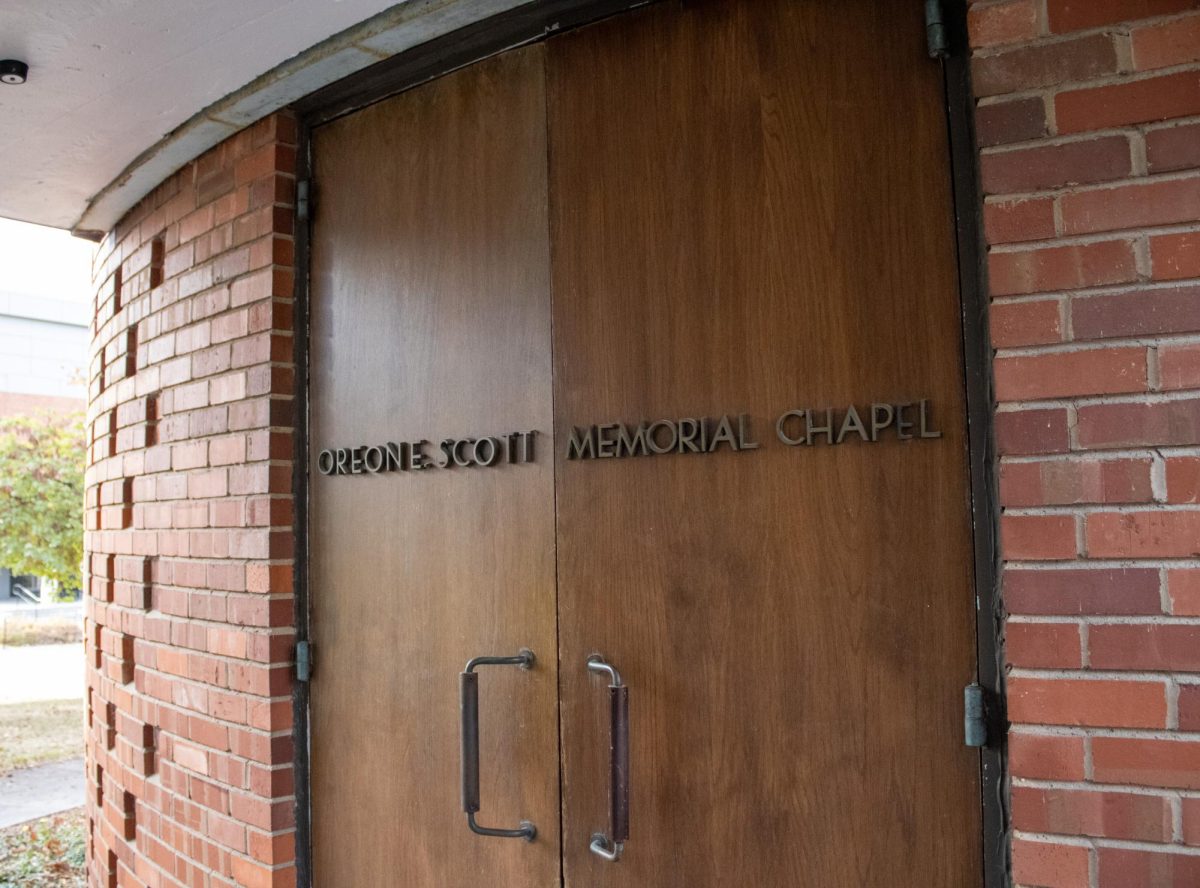Although religious studies is no longer a major at Drake University, several programs continue to exist in an effort to preserve its identity. Drake started the First-Year Seminar Bad Religion (FYS 10) this year as a new course that first-year students may take as part of their first-year general education requirement.
This course helps introduce first-year students to the basics of a college course while also presenting them with a subject that they may not be able to learn about as deeply in their future academic endeavors.
Bad Religion explores many different religions around the world that “went wrong” due to their ideals or actions. The early portions of the course explore basic ways that religion can go wrong, primarily by defining exactly what a religion is. From there, it continues into how religion can go bad by mixing with politics, violence, everyday life and other similar factors.
Aidan Lai, a student in the class, has had a positive experience with the course. Lai feels as if she has gained new information and perspective on religion in an educational setting.
“I find that everyone’s respectful in the class, everyone lets each other’s voices be heard and viewing other people’s opinions,” Lai said. “Overall, I really enjoy it and I think it’s very interesting learning about other religions. Personally, I’m an atheist, so learning about other religions and learning how people practice those religions is very interesting.”
Although Bad Religion has been able to educate students on the subject of religion, it may not be as easy for interested parties to study going forward. On April 17, the Drake University Faculty Senate voted to determine the fate of programs recommended for removal amid current and anticipated budget deficits.
The religion program received a large hit to its identity, as its major was removed as an option for admitted students and future students entering the College of Arts and Sciences. The religion minor remains available for students.
Although Bad Religion has similarities to other religious studies courses at Drake, it doesn’t delve deeply into specific religious topics like other courses do. Existing religion courses in the Drake Honors Program can continue, cross-listed as Honors classes. However, some religion courses did not return, such as REL 053: Life and Teachings of Jesus.
Current religion majors were given the ability to begin completing a teach-out program in their respective majors, which allows only current students of a cut major to complete their remaining course requirements so they can finish their degrees.
Chris Morse, a religion major who is now completing the teach-out program for the religion major, has mixed opinions on the matter. Before the program cuts, Morse enjoyed the ability to take an array of religion classes as a nice complement to their business major, but some of the religion classes they were hoping to take did not return.
“I no longer have an academic balance between my business major and my religion major,” Morse said. “[Prior to the cuts], I had some left-brain classes and right-brain classes.”
Brad Crowell, who teaches Bad Religion, is actively teaching three of the remaining religion courses at Drake, along with Drake’s teach-out plan required for any students who wish to remain in the major that was cut. In addition, Crowell envisions religion continuing to have a legacy at Drake.
Crowell has taken a new position within Drake’s law, politics and society department as the new professor for religion and the law, and new courses are being made for that department with the collaboration of LPS faculty. Crowell also continues to teach religion-specific courses, which he hopes will also preserve some of the program’s identity.
“I believe [the new courses] completely still continue the values, the objectives, the purposes of the religion major,” Crowell said.
Bad Religion and other religious studies courses at Drake have created new ways in which a former major can still have a legacy on campus. As Drake moves forward without a religion major, the discussion of how religion can foster community at Drake is one to consider as the University continues to progress.








Thomas W Schaefer • Nov 2, 2024 at 8:26 pm
“bad religion” would not be my first choice for a class. Tom